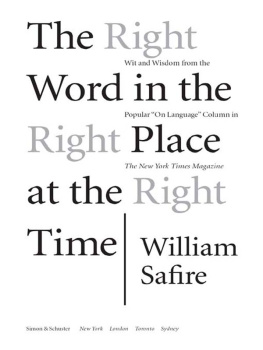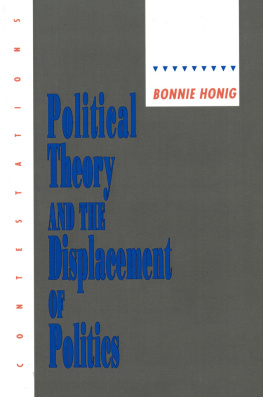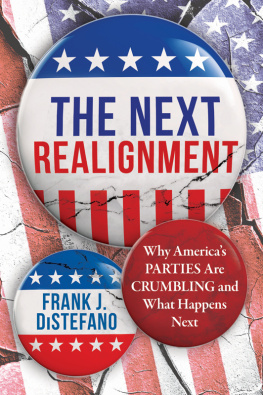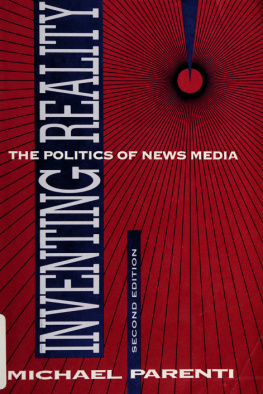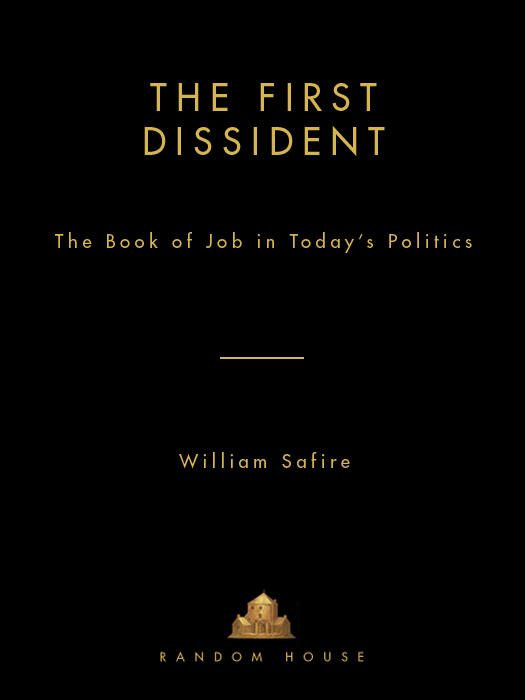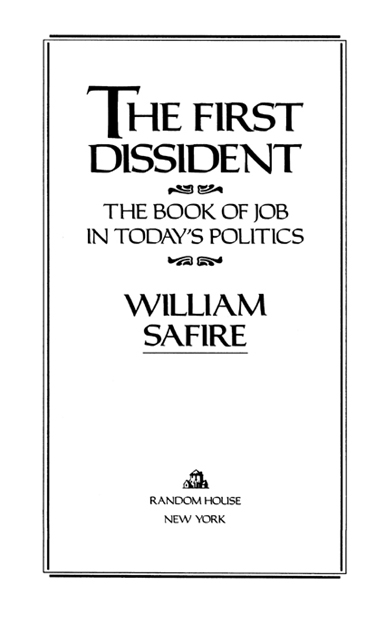ALSO BY WILLIAM SAFIRE
LANGUAGE
Coming to Terms
Fumblerules
Language Maven Strikes Again
You Could Look It Up
Take My Word for It
I Stand Corrected
Whats the Good Word?
On Language
Satires Political Dictionary
POLITICS
The First Dissident
Safires Washington
Before the Fall
Plunging into Politics
The Relations Explosion
FICTION
Freedom
Full Disclosure
ANTHOLOGIES
Lend Me Your Ears: Great Speeches in History
(with Leonard Safir)
Good Advice for Writers
Leadership
Words of Wisdom
Good Advice
Copyright 1992 by the Cobbett Corporation
All rights reserved under International and Pan-American Copyright Conventions. Published in the United States by Random House, Inc., New York, and simultaneously in Canada by Random House of Canada Limited, Toronto.
This work was originally published in hardcover by Random House, Inc., in 1992.
Grateful acknowledgment is made to the following for permission to reprint previously published material:
HENRY HOLT AND COMPANY, INC., AND JONATHAN CAPE LTD : Excerpts from A Masque of Reason from The Poetry of Robert Frost edited by Edward Connery Lathem. Copyright 1945 by Robert Frost. Copyright 1969 by Holt, Rinehart and Winston. Copyright 1973 by Lesley Frost Ballantine. Rights throughout the British Commonwealth are controlled by Jonathan Cape Ltd. Reprinted by permission of Henry Holt and Company, Inc., and Jonathan Cape Ltd.
OXFORD UNIVERSITY PRESS : The Book of Job in its entirety from The New English Bible. Copyright 1961, 1970, 1989 by the Delegates of Oxford University Press and the Syndics of the Cambridge University Press. Reprinted by permission of Oxford University Press.
Library of Congress Cataloging-in-Publication Data
Safire, William
The first dissident : the book of Job in todays politics /
William Safire.
p. cm.
eISBN: 978-0-307-79986-9
1. Bible. O.T. JobCriticism, interpretation, etc.
2. Dissenters. 3. Political participation. I. Title.
BS1415.2.S18 1992
22306dc20 92-50167
v3.1
To Mulla Mustapha al-Barzani

CONTENTS
BLAKES ILLUSTRATIONS
WILLIAM BLAKE , the mystic poet, artist, printer, and engraver, created a set of twenty-one watercolors illustrating the Book of Job in 1820. Five years later, he reproduced these as engravings, adding detail and commentary.
Blakes engravings are more interpretations than illustrations of the biblical book. Not a line is drawn without intention, he cautioned, inviting the reader into his world of symbols. In the artists conception, the story is played out inside Jobs mind. The sufferers affliction is not physical, but a disease of his own soul; the pain humbling his pride is not punishment for sin but a stimulus to reject tradition and assert his individual spirit.
Sixteen of Blakes engravings are printed in two sections herein, slightly reduced in scale; illustrations 9, 18, and 19 are left out. Two of the most symbolically complex and artistically striking appear as endpapers; these are 14, the divine imagination at the creation of the universe when all the Sons of God shouted for joy, and 15, the depiction of the monster Behemoth and serpent Leviathan, icons of disorder.

INTRODUCTION:
THE JOB OF THE BIBLE AND
THE NEWS OF THE DAY
WHEN JOHN F. KENNEDY was asked in a 1962 news conference about army reservists demonstrating over the unfairness of being recalled to active duty, he offered a philosophical aside: There is always inequity in life. Some men are killed in a war and some men are wounded, and some men never leave the country. The President then jarred many of his constituents by putting forward a painfully realistic judgment: Life is unfair.
That reminded me of Job, one of the most towering figures of the Bible, daring to question Gods fairness: Why do the wicked enjoy long life, hale in old age, and great and powerful?
Again, in 1990, I was reminded of Job when a Kurdish friend smuggled out of Iraq a film showing Saddam Husseins poison gas attack on the village of Halabja two years before. On the film, a Kurdish man, his eyes glaring in anguished accusation, was carrying a corpse toward the camera, the body of his dead child. That brought to mind Job, who angrily accused God of moral unconcern: When a sudden flood brings death, he mocks the plight of the innocent. The land is given over to the power of the wicked
Another example: Chinas paramount leader, Deng Xiaoping,
I began collecting books about Job as a Syracuse University sophomore (just before I dropped out). Over the years I have been struck by Jobs influence in art, literature, and especially in politics. I see Jobs ancient challenge to the highest authority as a political metaphor for the modern dissidents principled resistance to authoritarian rule, as well as for his refusal to accept abuses of democratic power. Thats a political subject; this is a political book.
And Im a political person. Although I was attracted to (and will grapple with) the moral theme in the Book of Job because it is the specific fight being fought, my underlying interest is in what Job has to teach us about confronting an adversary in the arena. When Job takes issue with Gods injustice, the disputants debate and resolve the issue in a play of power.
Job reaches across the millennia to express modern Mans outrage at todays inequities. The Book of Jobs tone is not a weary resignation to lifes unfairness. Rather, it is a sustained note of defiance. The books message is not that we should accept the dictates of Fate, but rather that we should object to Authoritys injustice or unconcern, and assert our morality as best we can.
The Book of Job is, in short, a daring manifesto. Revolutionary ideas always upset people: Ancients were troubled by its thesis that suffering is no proof of sin, just as moderns are discomfited by its corollary, that victory is no proof of virtue. Challenging religion on moral grounds was shocking to established authority because it dared assert that tradition may not be rightly expressing Gods design; in the same way, challenging authoritarian political leadership today on human-rights grounds is troubling to some powers that be because the challenge itself strikes at the basis of the regimes legitimacy.
My book is about that kind of dissidence, the kind of challenge to Authority exemplified by Job. Driving it is the innate need for the individual to confront and resist the unfair reality of happenstance, and to submit only to the dictates of conscience. That is the dissidence that leads to dignity, and is a force that has transformed our world.
Just as the articulate dissidence of a man like Andrei Sakharov helped to bring down the Soviet tyranny; just as the silent witness of Wei Jingsheng will one day lead to the political redemption of a billion Chinese; so the biblical Jobs refusal to resign himself to the seeming caprice of Fate forced God out of hiding and called him to account for moral mismanagement of the universe.


